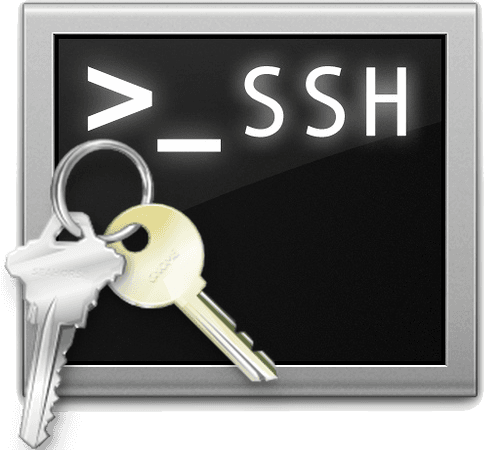Creating public/private key authentication for SSH

If you use ssh to connect to the remote host, one way to ensure the security of the connection is the use of public/private SSH key, because password is not passed across the network and the system is resistant to attacks by “brute force”.
Create a public/private SSH key in Linux or Mac OS is very simple.
On the local machine
If needed create a .ssh directory in our home directory:
mkdir ~/.ssh
Create the SSH keys. Enter the command below and press enter, when asked for a pass phrase leave blank, since our purpose is to automate things:
ssh-keygen -t rsa
Or we can choose DSA (Digital Signing Algorithm) instead of RSA:
ssh-keygen -t dsa
There will be created two files in the .ssh directory: id_dsa and id_dsa.pub. The pub file has the public key and will be placed on the remote server.
Copy the id_dsa.pub file to the remote server via SCP:
scp ~/.ssh/id_dsa.pub username@example.com:/home/username/
On the remote server
Connect to the remote server with SSH:
ssh username@example.com
If needed create a .ssh directory in our home directory:
mkdir ~/.ssh
Copy the public key to the file authorized_keys:
cat id_dsa.pub >> ~/.ssh/authorized_keys
Remove file id_dsa.pub:
rm id_dsa.pub
Setting the correct permissions on the key:
chown -R username:username /home/username/.ssh
chmod 700 /home/username/.ssh
chmod 600 /home/username/.ssh/authorized_keys
Open the configuration file of SSH:
sudo nano /etc/ssh/sshd_config
And check this lines:
RSAAuthentication yes PubkeyAuthentication yes AuthorizedKeysFile %h/.ssh/authorized_keys PasswordAuthentication no
Restart the server SSH:
sudo /etc/init.d/ssh reload
Done.
And now you can connect to the remote server with SSH:
ssh -i /path-to-private-key username@remote-host-ip-address
Or just this:
ssh username@remote-host-ip-address
If this article has helped you then please leave a comment ![]()
Thanks for reading!
Arthur is a designer and full stack software engineer. He is the founder of Space X-Chimp and the blog My Cyber Universe. His personal website can be found at arthurgareginyan.com.


